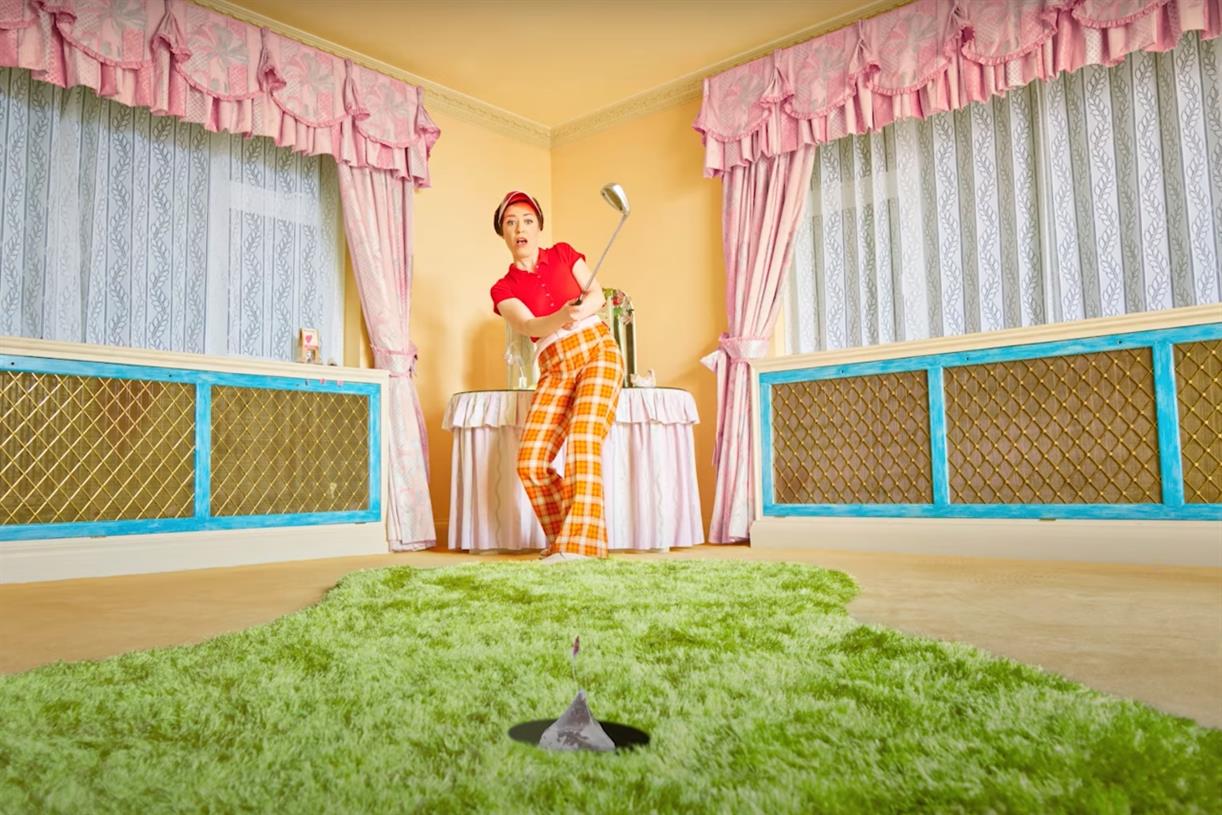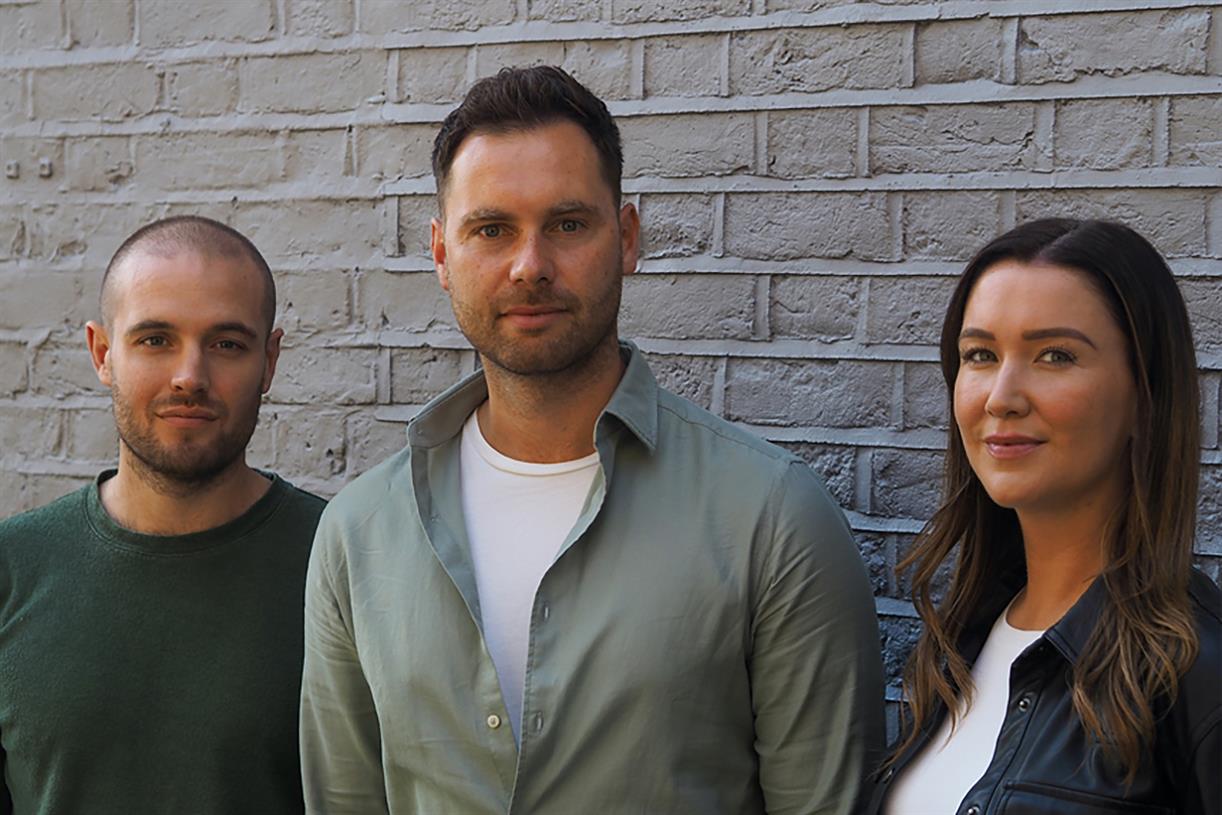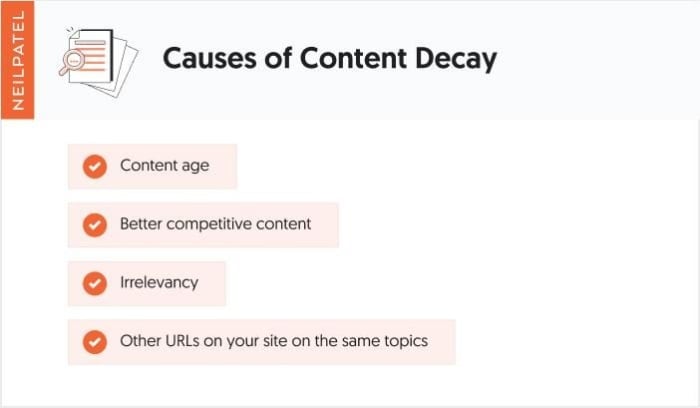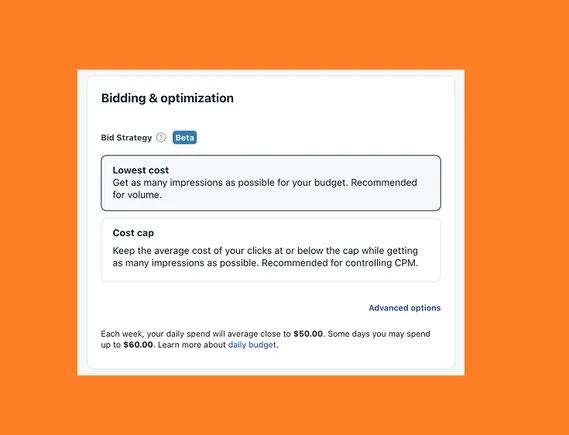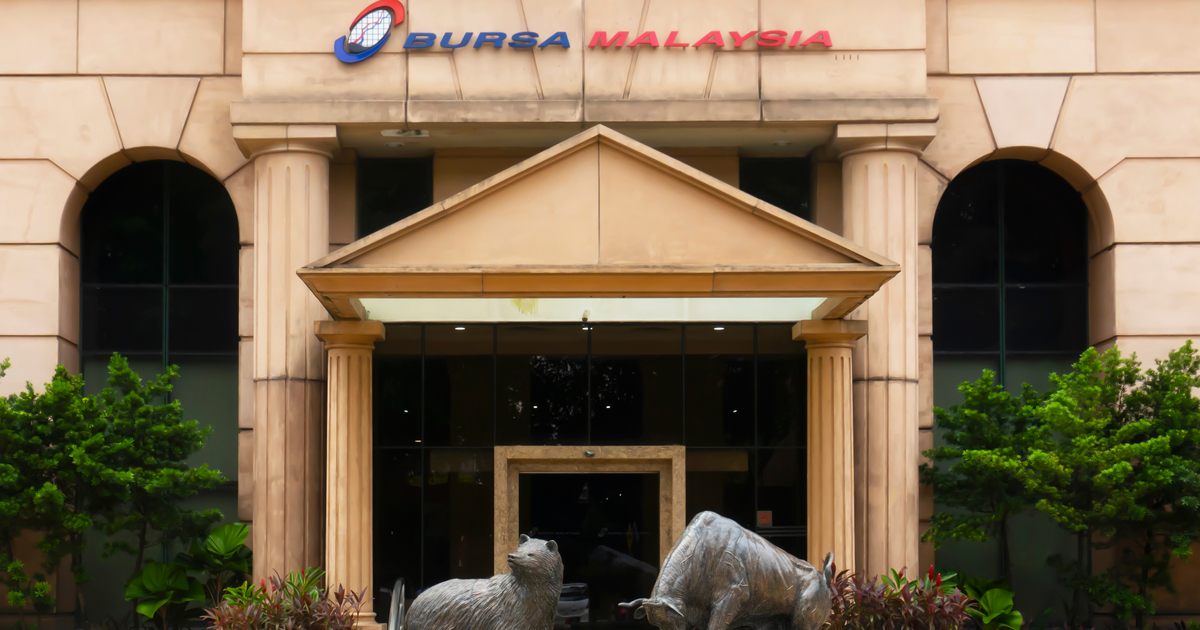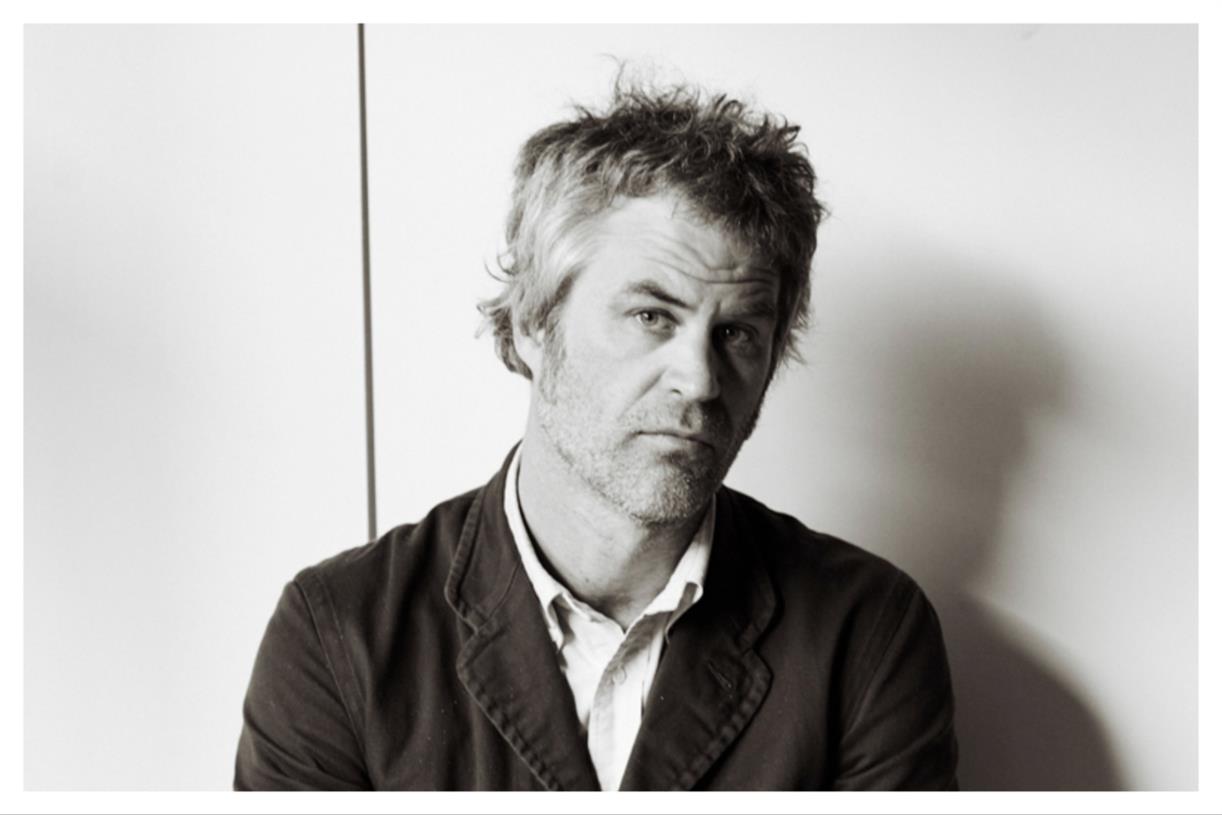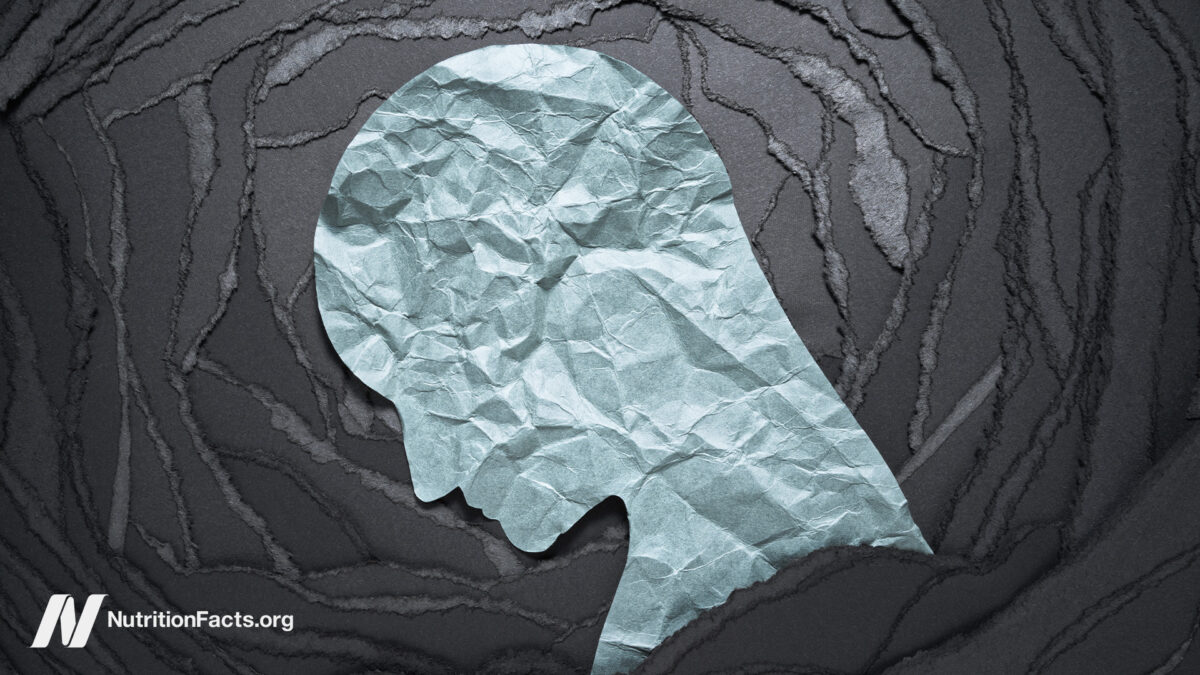X Continues To Oppose Australian Regulators on Censorship
Elon Musk persists in publicly tussling with certain governments.
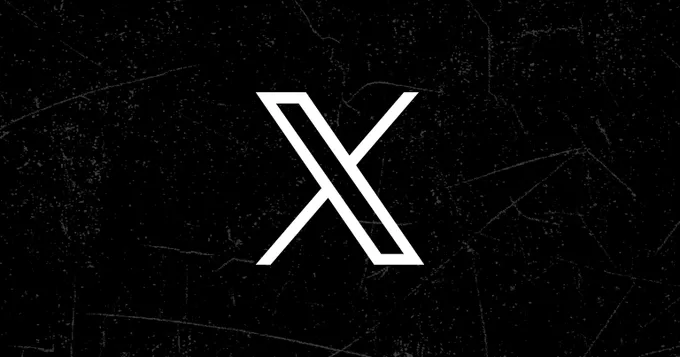
Once again, Elon Musk has shown that his approach to free speech is actually based on selective logic and opportunism, as opposed to upholding the core principle as he claims.
Over the past few weeks, Elon has been making a big show of his decision to take a stand against the Australian eSafety Commission, which requested the global removal of a video depicting the stabbing attack of a priest in Sydney.
The attack, which was filmed as part of the priest’s sermon, was then shared widely online. The incident was later deemed a terrorist act, which means that under Australia’s online safety regulations, the eSafety Commissioner can request that all social platforms remove the video in order to limit harm and angst. This was especially pressing given that the attack sparked violent clashes in Sydney, while it also risked escalating ethnic tensions based on the actions of one assailant.
Every social platform agreed to remove the footage except X, which agreed to geoblock the content for Australian users, but refused to remove the video outright.
X’s justification is that Australian authorities should not have the power to censor the internet for all regions, while it’s also taken specific aim at Australia’s eSafety Commissioner, Julie Inman-Grant, who herself is a former Twitter employee, and thus, representative of a censorship regime, as Elon and Co. see it.
And X’s logic does make some sense. Why should authorities from one country dictate what should be viewable by all? But then again, the regulations in this case relate to what’s deemed a “reasonable” response, and with that in mind, why would X want to keep a video of a violent stabbing active in the app? How does that content contribute to broader debate?
The other argument that Australian authorities have put forward is that geoblocks are easily countered by a VPN, which many Australians are using. As such, a full block is the only effective step.
So, on balance, it does seem like X should probably block the video entirely. But for some reason, X has chosen to take a stand in this specific instance.
Why? Because Australia poses a minor risk to Elon’s other business relationships, and gives him a chance to pander to his dedicated supporters.
The same goes for Brazil, where Musk recently opted to fight government removal requests as well. Brazil is a minor market for Tesla, while the Brazilian Government is considering canceling its contracts with Starlink, which were established under former Brazilian President Jair Bolsonaro, whom Musk considers an ally. So Elon can fight back here, with minimal risk to his broader empire. Yet he hasn’t opposed similar censorship demands in Germany, India and Turkey.
In those cases, Musk has simply stated that X will operate within the parameters of the local law. They are local bans, so there is an expanded precedent, and again, X may have a case in opposing a global ban on the same. But again, the question comes back to why X would want to take a stand to keep footage of a violent incident active in the app.
Essentially. Musk seems to be picking his battles, and making a big noise when he does, so he can have his cake and eat it, too.
Really, there’s no reason for X to oppose the request from the Australian eSafety Commission, as the only outcome is that it would enable people outside of Australia to view a video of a violent stabbing. But X is doing it anyway, because it wants to make a noise where it can about standing for free speech, while also appeasing governments where Musk’s empire has broader exposure.
Indeed, former Twitter CEO Jack Dorsey recently noted that:
“Elon has taken a different tack. Our principle was around free speech on the internet as a general rule, and that we would fight governments on that. His is free speech as determined by local law, and that means if India says you have to take these accounts down, you have to take those accounts down, because they're against the law.”
Dorsey’s view was that Twitter was far more willing to fight for absolute free speech, whereas Musk is taking a more measured approach.
Or a more calculated one.
Elon’s view on free speech has always been selective, but now, we’re seeing more and more that he and X are only willing to take a stand where Elon personally chooses, as opposed to defending speech outright.
I mean, it’s free speech, so long as you don’t criticize Tesla, or Elon, or do something that Elon just doesn’t like.
Of course, none of this will matter much to Elon’s army of supporters who’ll support his every move regardless.
But that “free speech” you think he’s supporting, he’s probably not.
The Australian Federal Court will rule on the case against X in the coming weeks, which could result in significant fines for the company.

 Fransebas
Fransebas 







